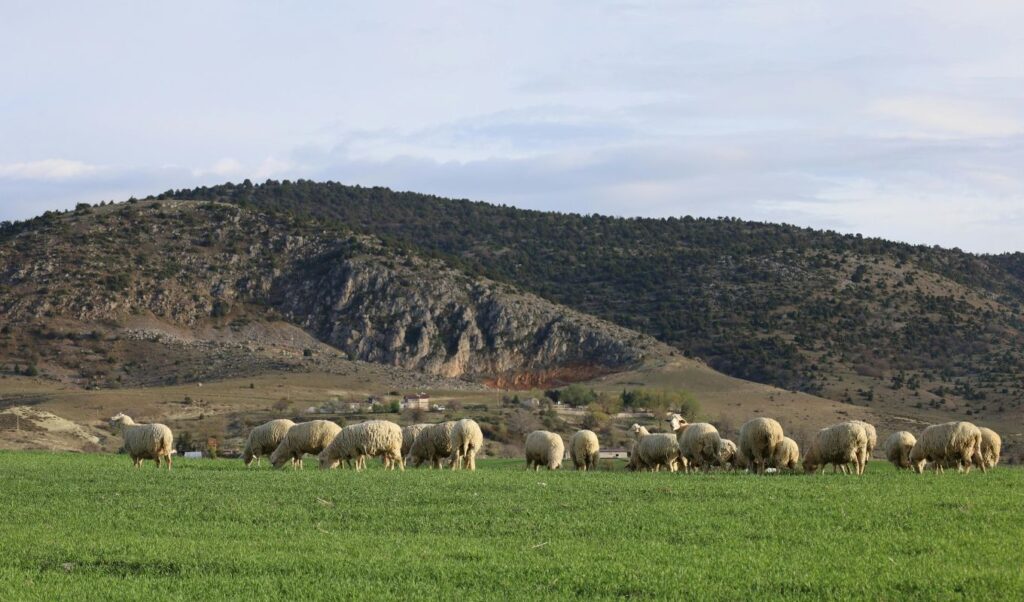The sheep and goat pox outbreak has put Greek livestock farming in a state of emergency, with the government declaring a ten-day operation to prevent a catastrophic livestock lockdown. The question everyone is asking is what a lockdown means in practice and what the consequences will be for the sector.
Emergency measures to avoid livestock lockdown
Minister of Rural Development Kostas Tsiaras warned during an emergency meeting with Regional Governors that failure to comply with measures could lead to a lockdown of the livestock sector. “We risk a lockdown in the livestock sector if we don’t act immediately,” he emphasized.
The comprehensive action plan approved unanimously includes:
• Immediate deployment of Ministry of Agriculture veterinarians in cooperation with regional agriculture services
• Intensification of inspections and training of livestock farmers in biosafety measures
• Installation of disinfection stations on major road networks
• Continuous monitoring for effective implementation of measures
What livestock lockdown means in practice
A livestock lockdown means a complete ban on animal movements at the national level. In essence, sheep and goats would be required to remain confined to their barns, with the immediate consequence of halting milk and meat distribution to the market. The economic impact of such a lockdown would be catastrophic for livestock farmers, who are already facing significant losses from restricted production.
Alarming data and additional measures
Official Ministry of Agriculture data reveals the extent of the crisis: in the past year alone, over 262,000 sheep and goats have been lost due to pox, representing 3% of the country’s total livestock capital. Alongside the ten-day operation, additional measures are being considered including mandatory disinfection certificates for milk transport, compulsory quarantine of imported animals, and provision of disinfectants to livestock farmers through Regional Authorities.
The success of this critical ten-day period will determine whether Greek livestock farming can avoid a sheep and goat lockdown and its devastating consequences.




